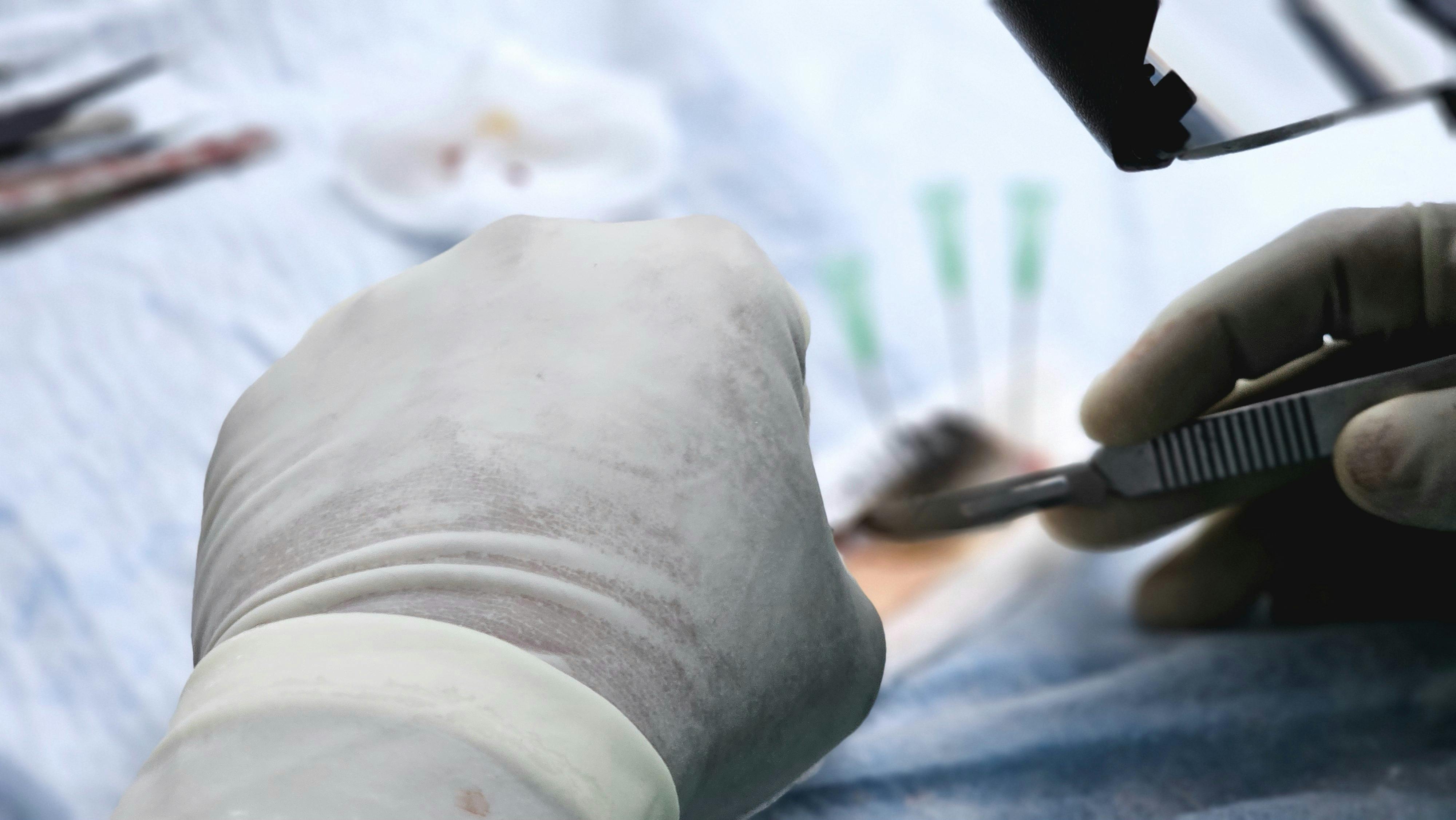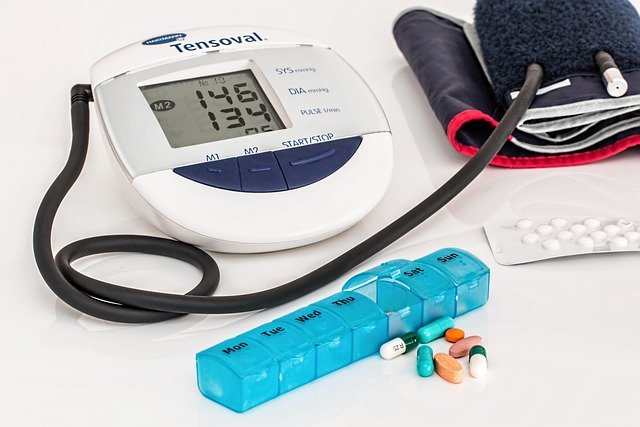Discover Key Features of Medical, Dental, LPN, and Nursing Training Programs in the United States for 2025
Healthcare training programs differ significantly in duration, cost, and certification requirements, which can influence how quickly individuals can enter the workforce, what roles they qualify for, and the financial investment needed to complete training.

Medical Assistant Training Programs in 2025
Medical assistant training programs prepare students to handle both clinical and administrative responsibilities in healthcare environments such as clinics, hospitals, and medical offices. These programs usually combine classroom instruction, lab work, and clinical rotations to provide a balanced, hands-on education.
Features of Medical Assistant Training
- Curriculum: Includes fundamentals of medical practices, law and ethics, communication skills, patient preparation, medical records management, insurance processes, and basic lab techniques.
- Program Hours: Generally about 700-720 clock hours; for example, MTI New York offers 720 hours divided into 340 didactic, 120 lab, and 260 clinical rotation hours.
- Schedule Flexibility: Classes often available mornings, evenings, and weekends, with program lengths ranging from approximately 29 to 45 weeks to accommodate different student needs.
- Eligibility: Typically requires a high school diploma or GED.
- Certification Preparation: Programs prepare students for national and state certification exams supporting credential achievement.
- Cost Range: Tuition may range from about $8,000 to $11,000 in established programs like MTI, with total costs including fees close to $10,900.
Dental Assistant Apprenticeships and Training
Dental assistant training programs prepare individuals to support dentists performing both clinical and administrative tasks critical to patient care and office operations.
Program Overview
- Curriculum: Covers dental anatomy, assisting methods, sterilization, patient care, office procedures, and communication.
- Program Length: Around 700 hours; for example, MTI offers 700 clock hours, including 300 didactic, 140 lab, and 260 clinical internship hours.
- Format: Flexible scheduling with day, evening, and weekend classes over 28 to 44 weeks.
- Entry Requirements: High school diploma or GED.
- Certification and Apprenticeships: Many dental assistant programs include clinical internships offering hands-on experience similar to apprenticeships.
- Program Costs: Tuition for dental assistant programs like MTI’s is roughly $5,200, totaling about $6,700 with fees.
Licensed Practical Nurse (LPN) Programs
Licensed Practical Nurse programs train students to deliver basic nursing care under the supervision of registered nurses and physicians. Duties typically involve monitoring patient health, administering fundamental treatments, and assisting with daily living activities.
General Attributes of LPN Programs
- Curriculum: Nursing basics, pharmacology, anatomy and physiology, nutrition, patient care techniques, and clinical practice.
- Duration: Usually ranges from 12 to 18 months depending on program intensity.
- Admission Requirements: High school diploma or GED required; some programs may require prerequisite courses or entrance exams.
- Certification: Graduates must pass the NCLEX-PN (National Council Licensure Examination for Practical Nurses) to obtain licensure.
- Cost Considerations: Tuition fees vary by institution, ranging from several thousand up to $20,000 or more. Specific cost details for locations like Buffalo, New York or programs such as Harvest House LPN should be checked with local providers.
Nursing Training Programs
Nursing programs cover educational stages from Certified Nursing Assistant (CNA) to Registered Nurse (RN) qualifications. Nursing education is offered typically through community colleges, universities, and specialized institutes.
Nursing Education Highlights
- Program Types: Include CNA certification (short duration), LPN programs, Associate Degree in Nursing (ADN), and Bachelor of Science in Nursing (BSN).
- Program Length: CNA programs may last a few weeks; ADN programs about 2 years; BSN programs usually span 4 years.
- Prerequisites: Vary by program and institution; generally consist of high school completion, entrance exams, and sometimes prerequisite coursework.
- Licensing: RN candidates must pass the NCLEX-RN exam for licensure, while LPNs pass the NCLEX-PN.
- Examples: Although specific data on Seattle, Washington nursing programs is not provided here, nursing schools in similar urban areas generally offer a variety of program types and scheduling options.
Other Certified Allied Health Training Programs
Besides medical assisting, dental assisting, and nursing, a variety of allied health programs provide training for additional healthcare roles:
- Pharmacy Technician: Includes training on medication preparation, pharmacy management, and certification exam readiness (e.g., PTCB, ASHP).
- Sterile Processing Technician: Focuses on sterilization and instrument handling, preparing for certification (CRCST).
- EKG Technician and Phlebotomy Technician: Short certificate programs specializing in diagnostic equipment operation and blood collection techniques.
- Surgical Technology and Dialysis Technology: Train students for specialized technical roles in surgical and renal care environments.
These programs feature structured coursework combining lectures, lab work, and clinical practicum. Admission generally requires a high school diploma or GED, with some advanced programs demanding higher education credentials.
Admissions and Costs: What to Anticipate
- Eligibility: Most healthcare training programs require a high school diploma or GED; some advanced programs have additional prerequisites.
- Testing & Interviews: Certain certifications and specialized courses may require entrance exams or interviews as part of admission.
- Program Costs: Tuition varies widely; for example, EKG Technician programs may cost about $1,000, while advanced sonography or surgical technology programs can exceed $25,000.
- Financial Considerations: Costs usually include tuition, materials, uniforms, lab fees, and clinical placement expenses.
- Scheduling: Many programs offer flexible options including weekday, evening, and weekend classes to suit working students.
Factors to Consider When Choosing a Program in 2025
When reviewing medical assistant, dental assistant, LPN, or nursing programs, consider these factors:
- Accreditation and Certification Preparation: Choose programs that prepare students for recognized national and state certification exams.
- Program Length and Schedule: Select program pacing that fits your personal situation.
- Cost and Financial Aid: Evaluate total program expenses and investigate available funding.
- Clinical Experience: Prefer programs offering hands-on clinical rotations or internships.
- Institution Reputation: Research programs with established records of graduate success.
For comprehensive allied health training in the United States—including medical and dental assistant programs with flexible scheduling and certification support—the Medical Training Institute of New York serves as a representative example. For LPN and nursing program details in areas like Buffalo or Seattle, contacting local colleges, vocational schools, and state nursing boards is recommended to obtain current information in 2025.
Summary
- Medical Assistant Training: Typically 700+ hours combining theoretical and clinical components; costs between $8,000–$11,000; includes certification exam preparation.
- Dental Assistant Apprenticeship/Training: Usually about 700 hours including clinical internship; tuition and fees total approximately $6,700.
- LPN Programs: Duration of 12–18 months; NCLEX-PN licensure exam required; costs vary and should be researched locally.
- Nursing Programs: Educational levels range from CNA to BSN; licensure exams necessary; length and cost vary by program type.
- Certified Allied Health Programs: Additional career options include pharmacy technician, sterile processing, EKG, phlebotomy, surgical technology, etc., often with flexible scheduling.
- Program Selection: Prioritize accreditation, certification preparation, clinical experience, and transparent cost details.
Pursuing healthcare education in 2025 offers varied pathways with flexible scheduling and certification support designed to assist students in launching careers in allied health fields.
Sources
- Medical Training Institute of New York - Medical Assistant Program
- Medical Training Institute of New York - Dental Assistant Program
- Thomas Jefferson University Health Sciences - Admissions (Content limited)
Disclaimer: All content, including text, graphics, images and information, contained on or available through this web site is for general information purposes only. The information and materials contained in these pages and the terms, conditions and descriptions that appear, are subject to change without notice.



